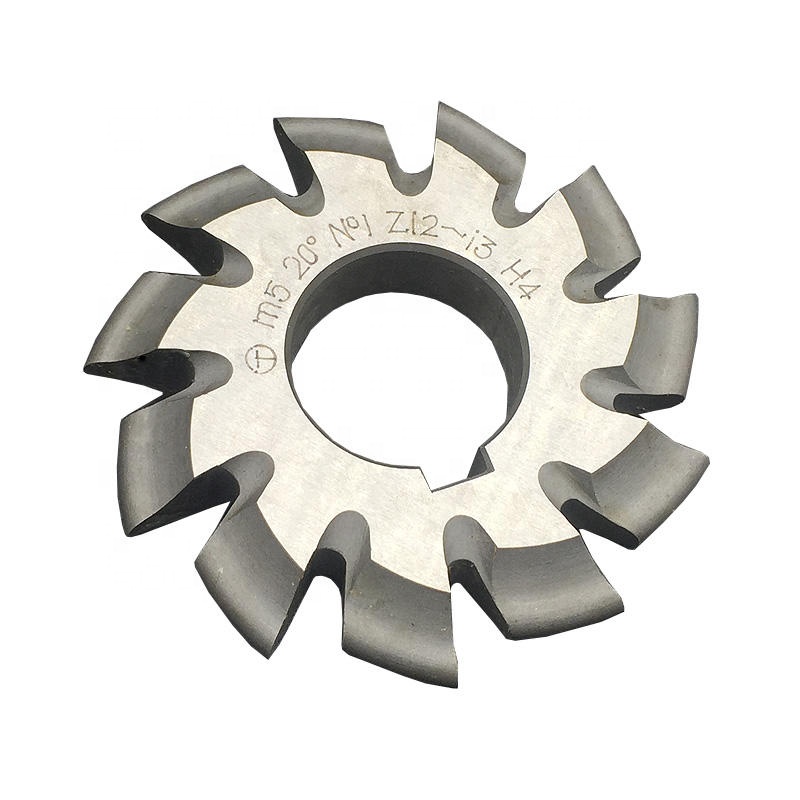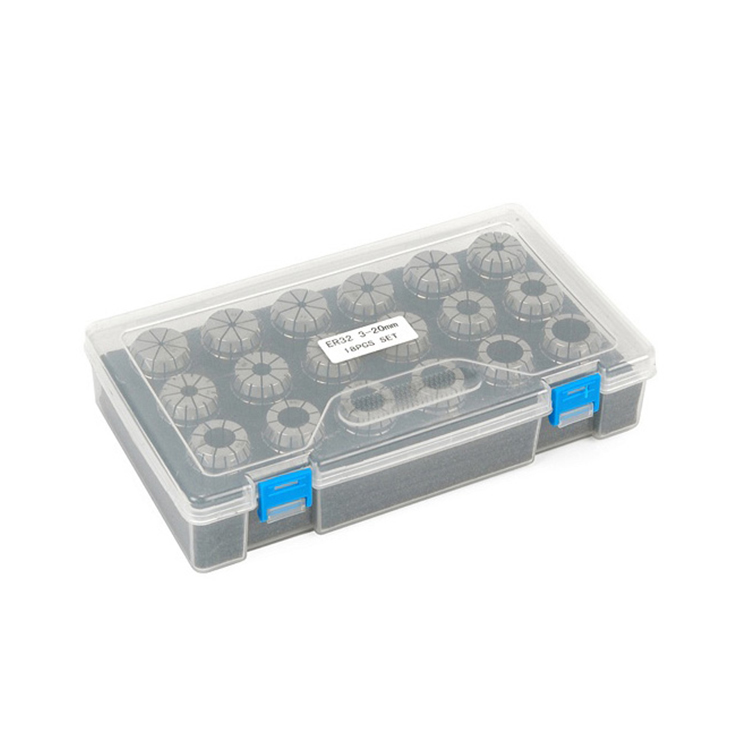reduction sleeves Supplier
Reduction sleeves, also known as adapter sleeves or drill sleeves, are essential tools for machine shops and manufacturing facilities. They allow the use of smaller shank tools in larger machine spindles, expanding the versatility of your tooling inventory and reducing the need for costly specialized equipment. This guide explores the types of reduction sleeves available, factors to consider when choosing a supplier, and what to look for in a quality reduction sleeve.
Understanding Reduction Sleeves
What are Reduction Sleeves?
A reduction sleeve is a cylindrical tool accessory designed to adapt a tool with a smaller shank diameter to fit into a machine spindle with a larger bore. This enables machinists to utilize a wider range of cutting tools without needing to purchase additional machines or modify existing spindles. They are commonly used with drills, reamers, and other shank-mounted tools.
Types of Reduction Sleeves
Reduction sleeves come in various types, categorized by their taper and application:
- Morse Taper Sleeves: The most common type, using the Morse taper system for secure tool holding. Available in various Morse taper sizes (MT1, MT2, MT3, MT4, MT5, MT6).
- Metric Taper Sleeves: Similar to Morse taper sleeves, but designed for metric taper systems.
- Straight Shank Sleeves: For adapting tools with straight shanks to tapered spindles.
- Drill Sleeves with Tang: Feature a tang (a flattened projection) at the end to prevent the tool from slipping in the spindle.
- Drill Sleeves without Tang: Designed for applications where a tang is not required or desired.
Choosing the Right Reduction Sleeves Supplier
Quality and Materials
The quality of a reduction sleeve directly impacts its performance and lifespan. Look for suppliers who use high-grade materials, such as hardened tool steel (e.g., SAE 4140 or equivalent), and employ precise manufacturing processes. A poorly manufactured sleeve can lead to inaccurate machining, tool slippage, and even damage to the machine spindle.
Consider these factors when assessing quality:
- Material Hardness: Check the Rockwell hardness (HRC) rating. A higher HRC indicates greater resistance to wear and deformation.
- Surface Finish: A smooth, consistent surface finish ensures proper contact with the tool and spindle.
- Accuracy: Look for suppliers who provide data on the sleeve's concentricity and taper accuracy.
Range of Products and Customization
A reliable reduction sleeves supplier should offer a wide range of sizes and types to accommodate different tooling needs. They should also be able to provide custom solutions for specialized applications. Consider these aspects:
- Standard Sizes: Does the supplier stock a comprehensive range of Morse taper sizes (MT1-MT6) and other common taper sizes?
- Custom Manufacturing: Can the supplier manufacture reduction sleeves to your specific dimensions or material requirements?
- Specialized Sleeves: Do they offer specialized sleeves, such as extended-length sleeves or sleeves with coolant through capabilities?
Pricing and Lead Times
While quality is paramount, pricing and lead times are also important considerations. Compare prices from multiple suppliers and inquire about lead times, especially for custom orders.
- Volume Discounts: Does the supplier offer discounts for bulk purchases?
- Shipping Costs: Factor in shipping costs when comparing prices.
- Lead Times: Ensure the supplier can meet your delivery deadlines, especially for time-sensitive projects.
Reputation and Customer Service
Choose a reduction sleeves supplier with a strong reputation for quality products and excellent customer service. Read online reviews, ask for references, and contact the supplier directly to assess their responsiveness and helpfulness. A company like Wayleading Tools, for example, may offer the expertise and support you need.
- Customer Reviews: Read reviews on Google, industry forums, and other online platforms.
- Technical Support: Does the supplier offer technical support to help you select the right reduction sleeve for your application?
- Warranty: Does the supplier offer a warranty on their products?
Benefits of Using High-Quality Reduction Sleeves
- Increased Tooling Versatility: Use a wider range of tools with your existing machinery.
- Cost Savings: Avoid the expense of purchasing specialized machines or modifying spindles.
- Improved Machining Accuracy: High-quality sleeves ensure precise tool alignment and reduce vibration.
- Extended Tool Life: Proper tool holding minimizes stress and wear on cutting tools.
- Enhanced Safety: Secure tool holding prevents slippage and reduces the risk of accidents.
Maintenance and Care of Reduction Sleeves
Proper maintenance will extend the life of your reduction sleeves and ensure optimal performance:
- Cleaning: Regularly clean the sleeves with a solvent to remove dirt, chips, and coolant.
- Inspection: Inspect the sleeves for signs of wear, damage, or corrosion. Replace damaged sleeves immediately.
- Lubrication: Apply a thin film of oil or grease to the sleeve's surfaces to prevent rust and facilitate smooth tool insertion and removal.
- Storage: Store the sleeves in a clean, dry place to prevent corrosion.
Case Study: Optimizing Tooling Inventory with Reduction Sleeves
A small machine shop specializing in custom metal parts was facing a challenge. They had a limited number of CNC milling machines, each with a CAT40 spindle. They frequently needed to use smaller diameter end mills (e.g., 1/8' and 1/4' shanks) for intricate detailing work, but the larger CAT40 spindles made it difficult to achieve the necessary precision and rigidity. Purchasing additional machines with smaller spindles was not financially feasible.
Solution: The shop implemented a strategy of using high-quality CAT40 to smaller shank reduction sleeves. This allowed them to utilize the smaller end mills effectively in their existing machines. They carefully selected a reduction sleeves supplier known for precision and durability.
Results: The shop significantly improved the accuracy and surface finish of their parts. They were also able to reduce tool breakage and extend tool life. The investment in reduction sleeves proved to be a cost-effective solution that enhanced their capabilities and increased their profitability. Furthermore, the team at Wayleading Tools was able to provide ongoing support and advice, ensuring optimal performance.
Conclusion
Choosing the right reduction sleeves supplier is crucial for maximizing the performance and versatility of your machining operations. By considering factors such as quality, product range, pricing, and reputation, you can select a supplier who will provide you with reliable, high-quality reduction sleeves that meet your specific needs.
Related products
Related products
Best selling products
Best selling products-
 Type J-60 Degree Cone Tungsten Carbide Rotary Burr
Type J-60 Degree Cone Tungsten Carbide Rotary Burr -
 DIN4971-ISO1 Carbide Tipped Tool Bit With Right And Left Hand
DIN4971-ISO1 Carbide Tipped Tool Bit With Right And Left Hand -
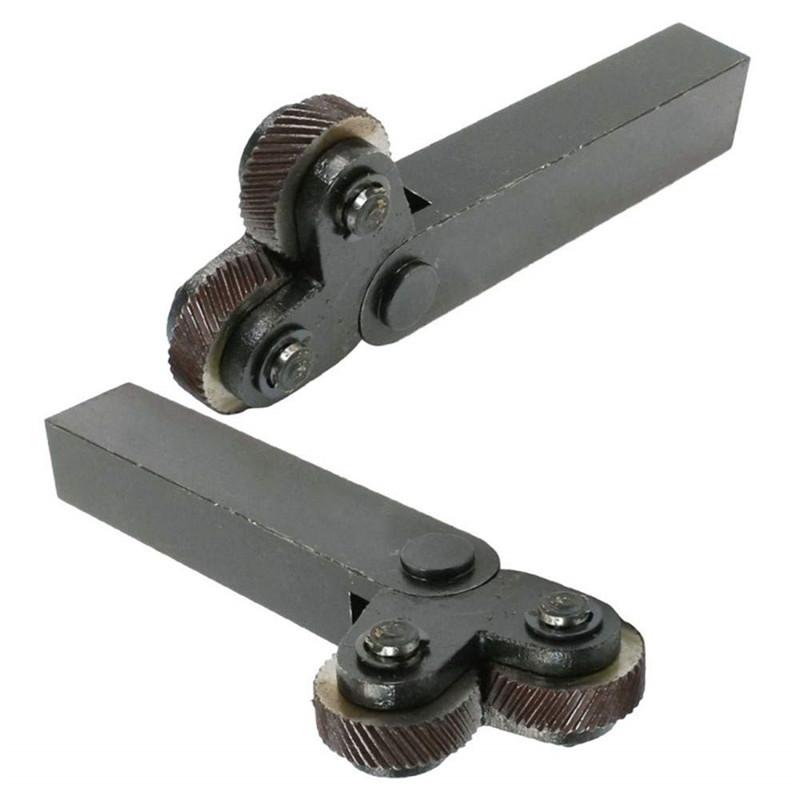 Dual Wheel Knurling Tools With Diamond Pattern For Industrial Type
Dual Wheel Knurling Tools With Diamond Pattern For Industrial Type -
 ANSI B94 HSS Jobber Length Drill Bits Fully Ground
ANSI B94 HSS Jobber Length Drill Bits Fully Ground -
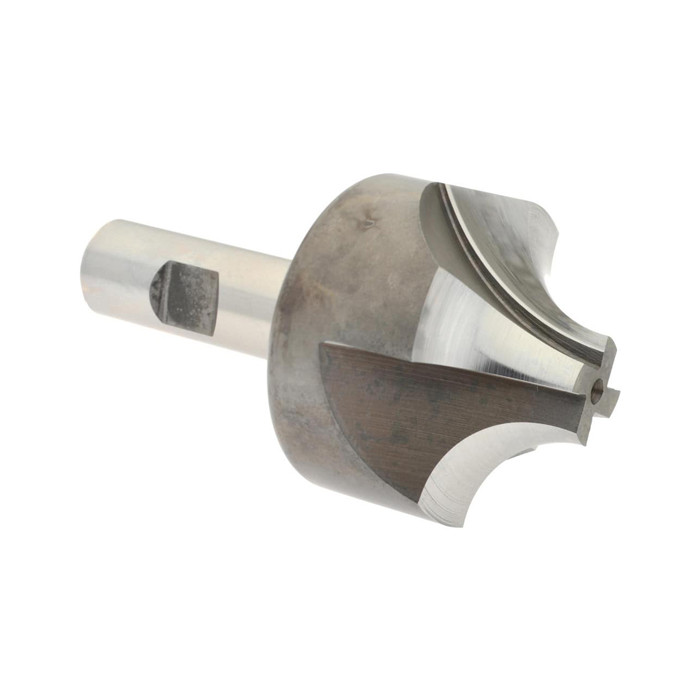 HSS Metric & Inch Corner Rounding End Mill For Industrial
HSS Metric & Inch Corner Rounding End Mill For Industrial -
 Dead Center For Morse Taper Shank
Dead Center For Morse Taper Shank -
 Deburring Tool Holder For The Deburring Tool Blades
Deburring Tool Holder For The Deburring Tool Blades -
 5C Hex Collet With Inch and Metric Size
5C Hex Collet With Inch and Metric Size -
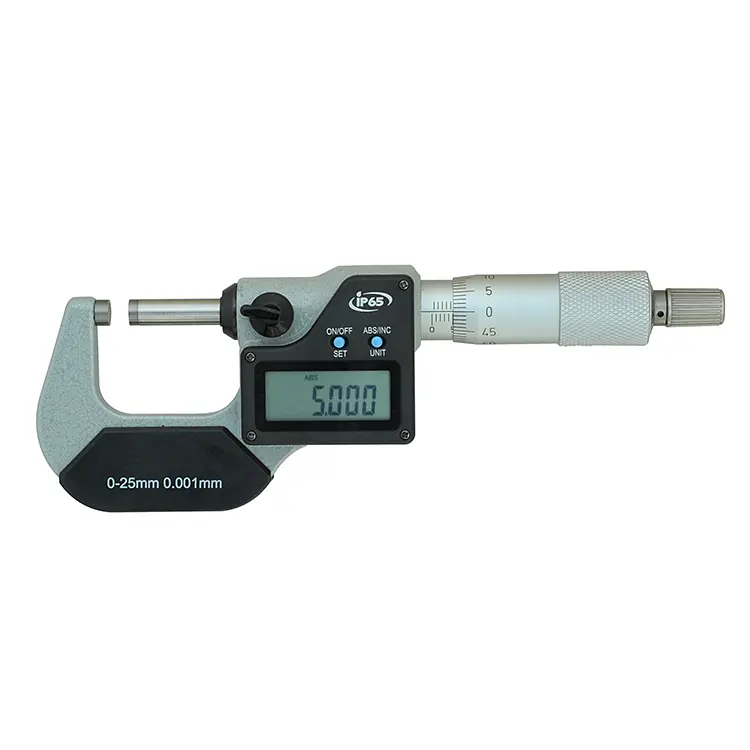 Precision IP65 Digital Outside Micrometer Of Inch & Metric With Data Output
Precision IP65 Digital Outside Micrometer Of Inch & Metric With Data Output -
 Precision Straight Shank To Morse Taper Adapter
Precision Straight Shank To Morse Taper Adapter -
 DIN333A HSS Center Drills With Milled & Fully Ground Flute
DIN333A HSS Center Drills With Milled & Fully Ground Flute -
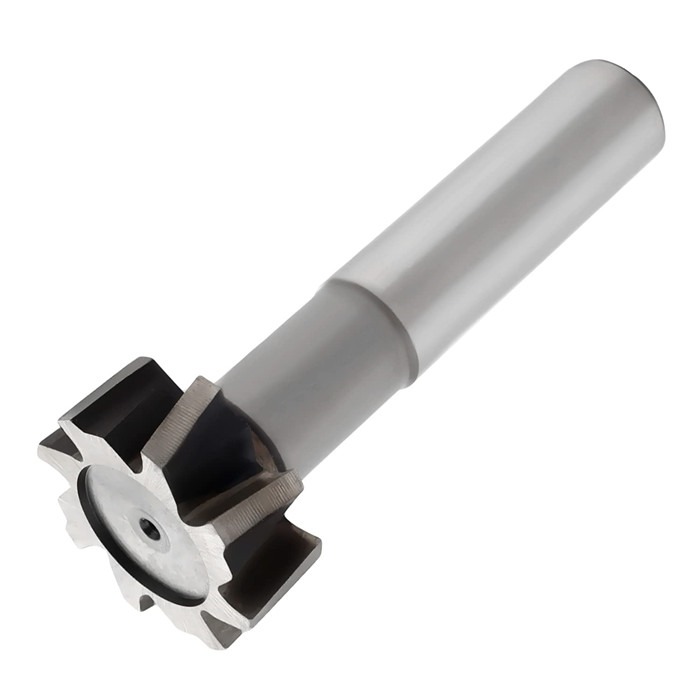 HSS Metric & Inch T Slot End Mill For Industrial
HSS Metric & Inch T Slot End Mill For Industrial
Related search
Related search- Wholesale sn indexable thread turning tool
- outside caliper Manufacturer
- machine cutting tools Manufacturer
- single angle milling cutter Suppliers
- full fillet spline cutter Manufacturers
- SVHC turning tool holder Supplier
- SVVCN turning tool holder Suppliers
- High-Quality carbide tipped tool bit
- Wholesale Machine Reamer
- Countersink Drill bit Factory





